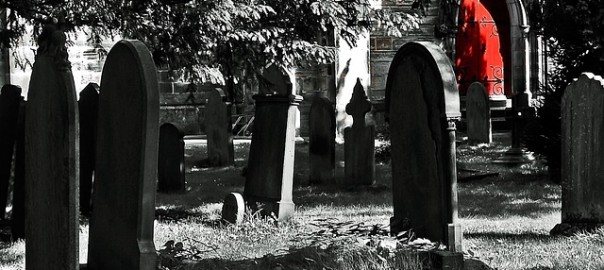F
For pensioners, funerals are an increasingly common part of life, and while the death of someone you know may remind you of your own mortality, the chance of a few drinks and some decent sandwiches more than compensates in most cases.
There is an accepted etiquette for these funerary functions, mostly dictated by your closeness to the deceased.
Partners of the deceased are granted the greatest latitude, and grief is an acceptable explanation for eating all the cakes, drinking all the scotch, hitting your sister-in-law with a golf club and siphoning the petrol from the hearse.
Relatives, however distant, are allowed some leeway, but in return, are expected to overlook any of the deceased’s shortcomings and not harp on about stinginess, Fascist sympathies, unexplained involvement with Boy Scouts and gun running.
Friends and acquaintances are not customarily invited to the requiem reception, but if they do turn up, they can be confined to the garden, or the nearest car park if you live in a flat.
The funeral itself is a fairly depressing occasion, usually accompanied by hymns chosen for their high dirge factor, particularly inappropriate prayers thanking God for his infinite mercy when the deceased has spent the last six months being eaten alive by cancer, and the presence of a lot of people in ill-fitting suits reeking of camphor.
Cremations are usually less stressful than burials, since it doesn’t matter if it pours with rain, and most crematoria also have toilets, which is helpful if the ceremony is not to be interrupted by continuous streams of incontinent pensioners.
It is traditional at funerals to examine all of the wreaths and complain about the size and quantity of at least half of them. However, if you have a wedding to attend after the funeral, it is generally not considered appropriate to take your buttonhole from one of the wreaths.

